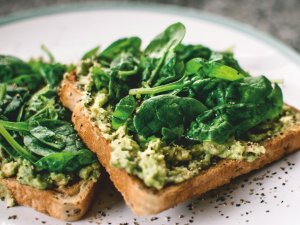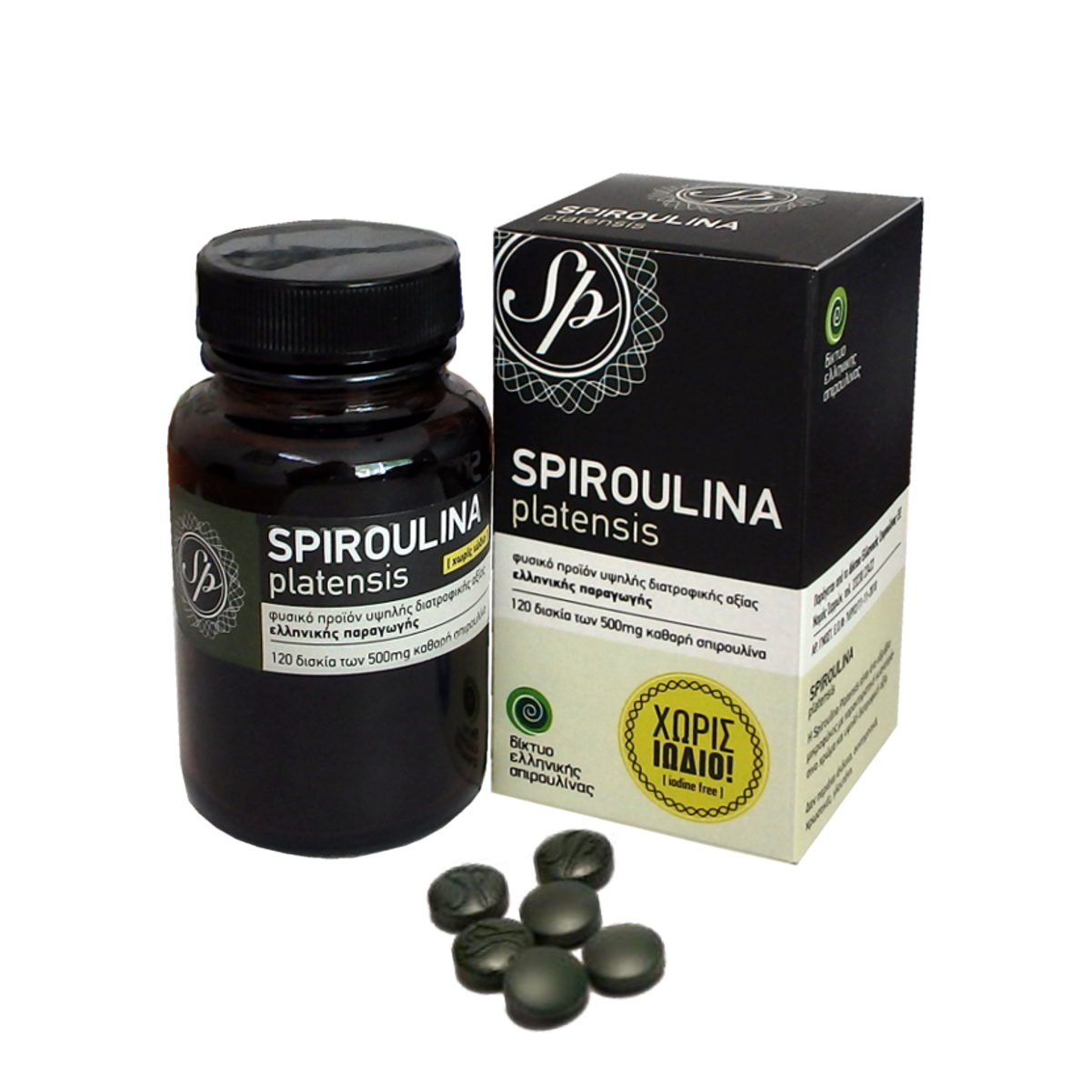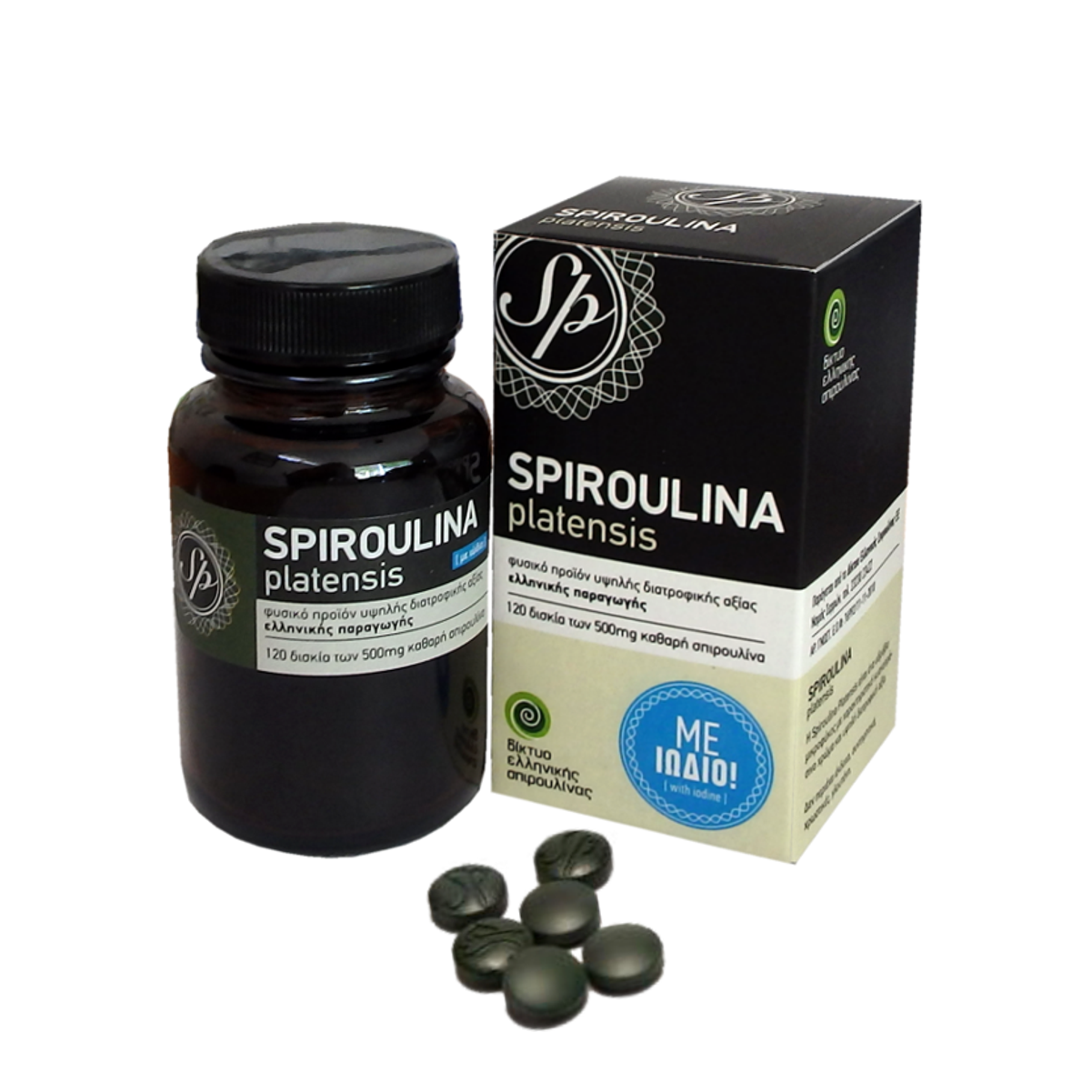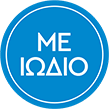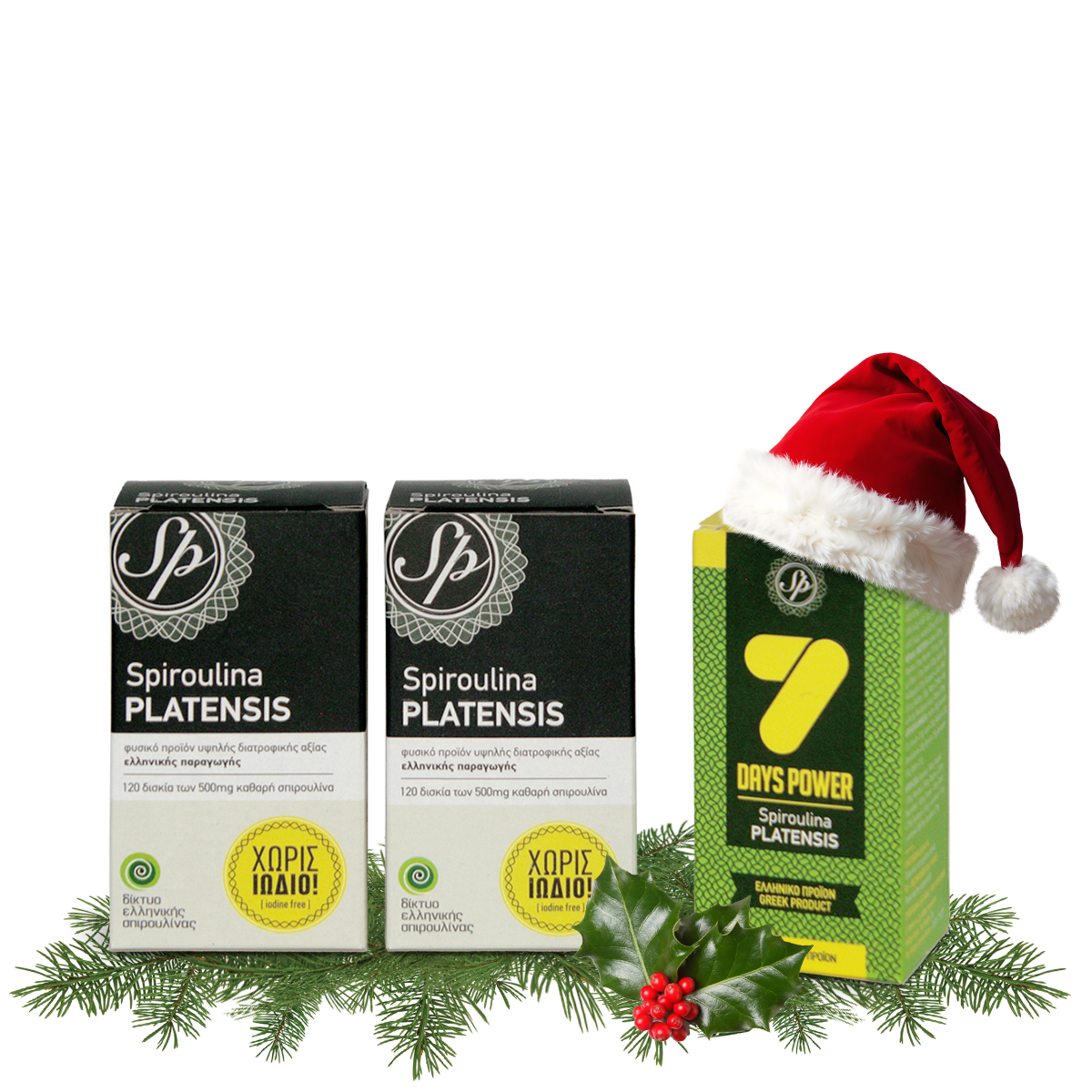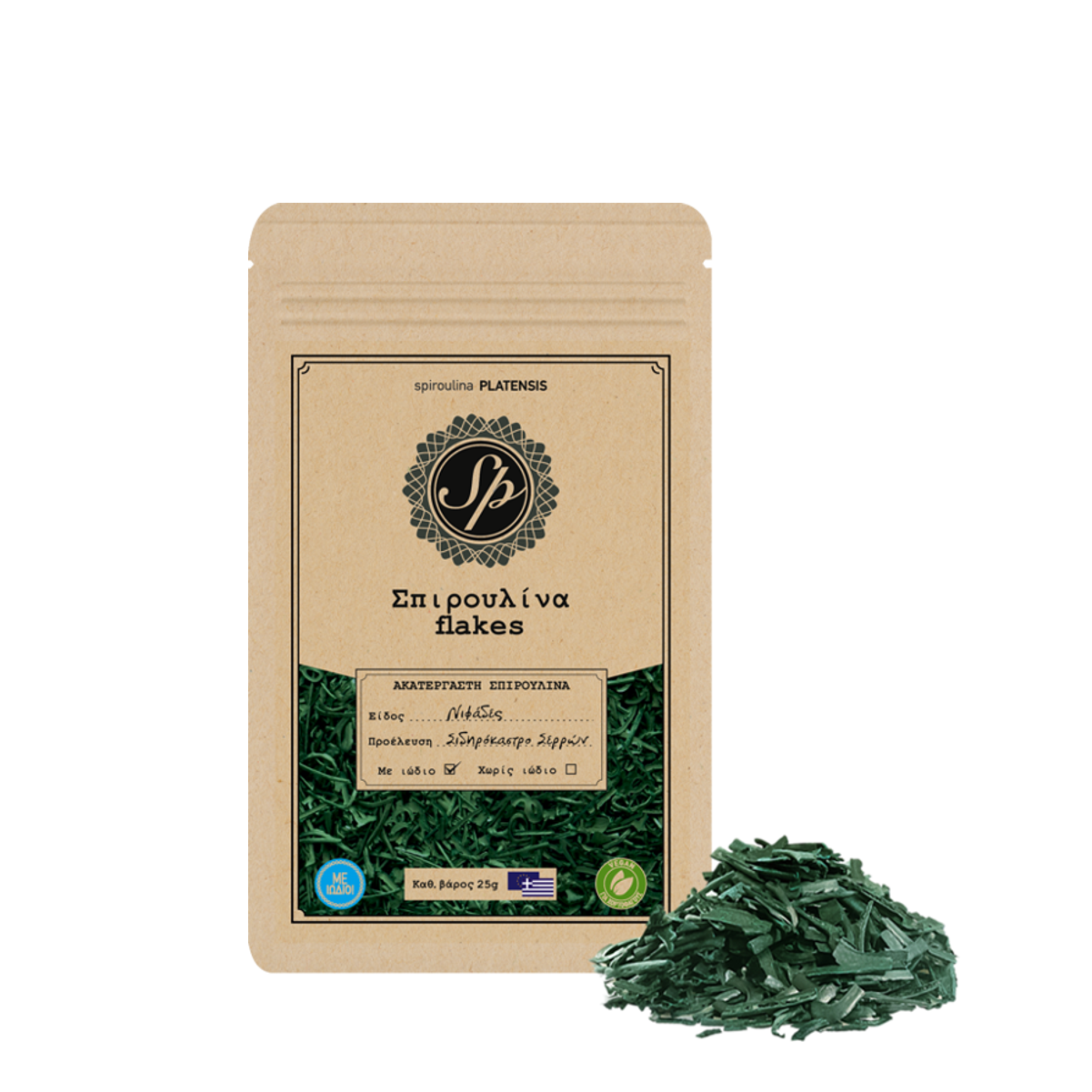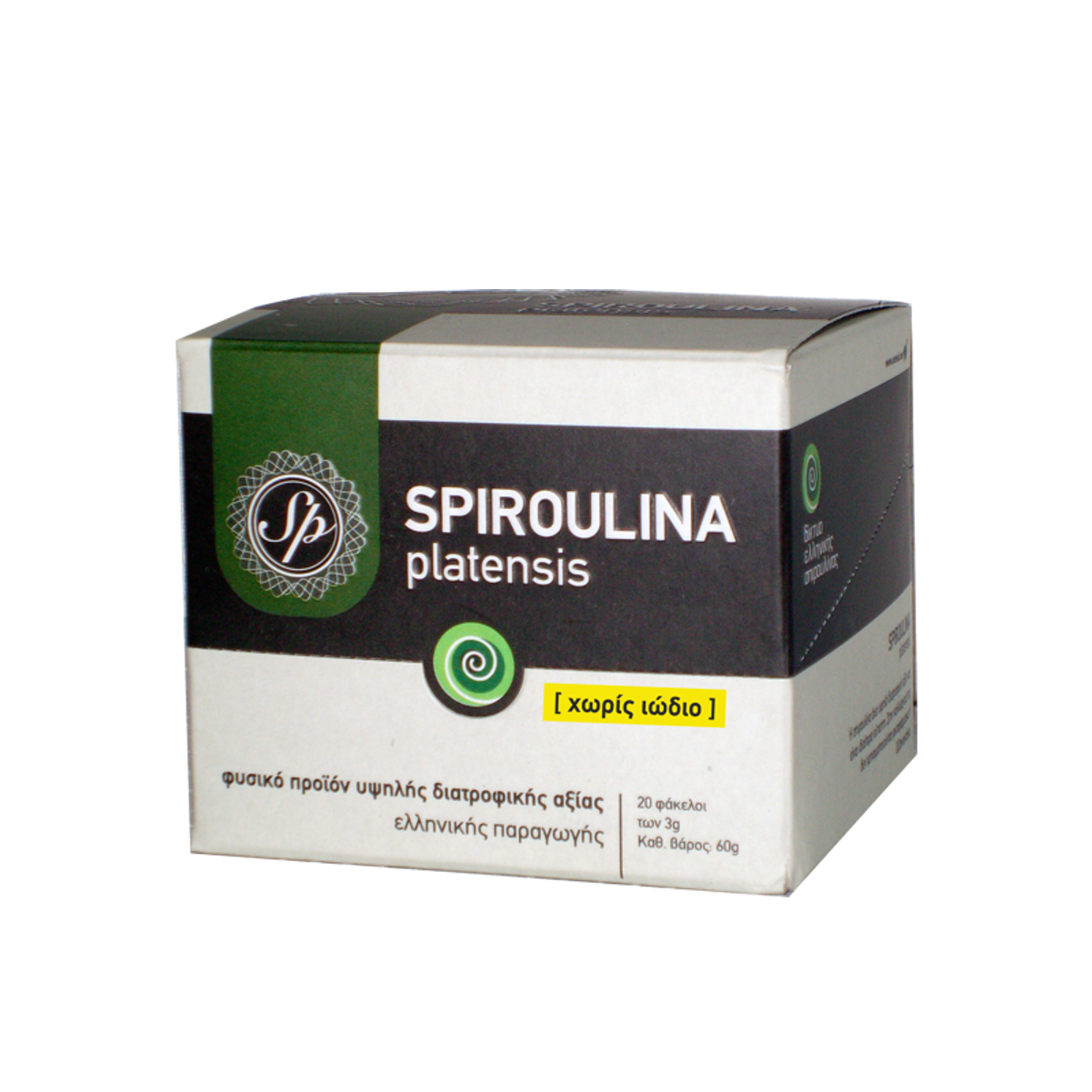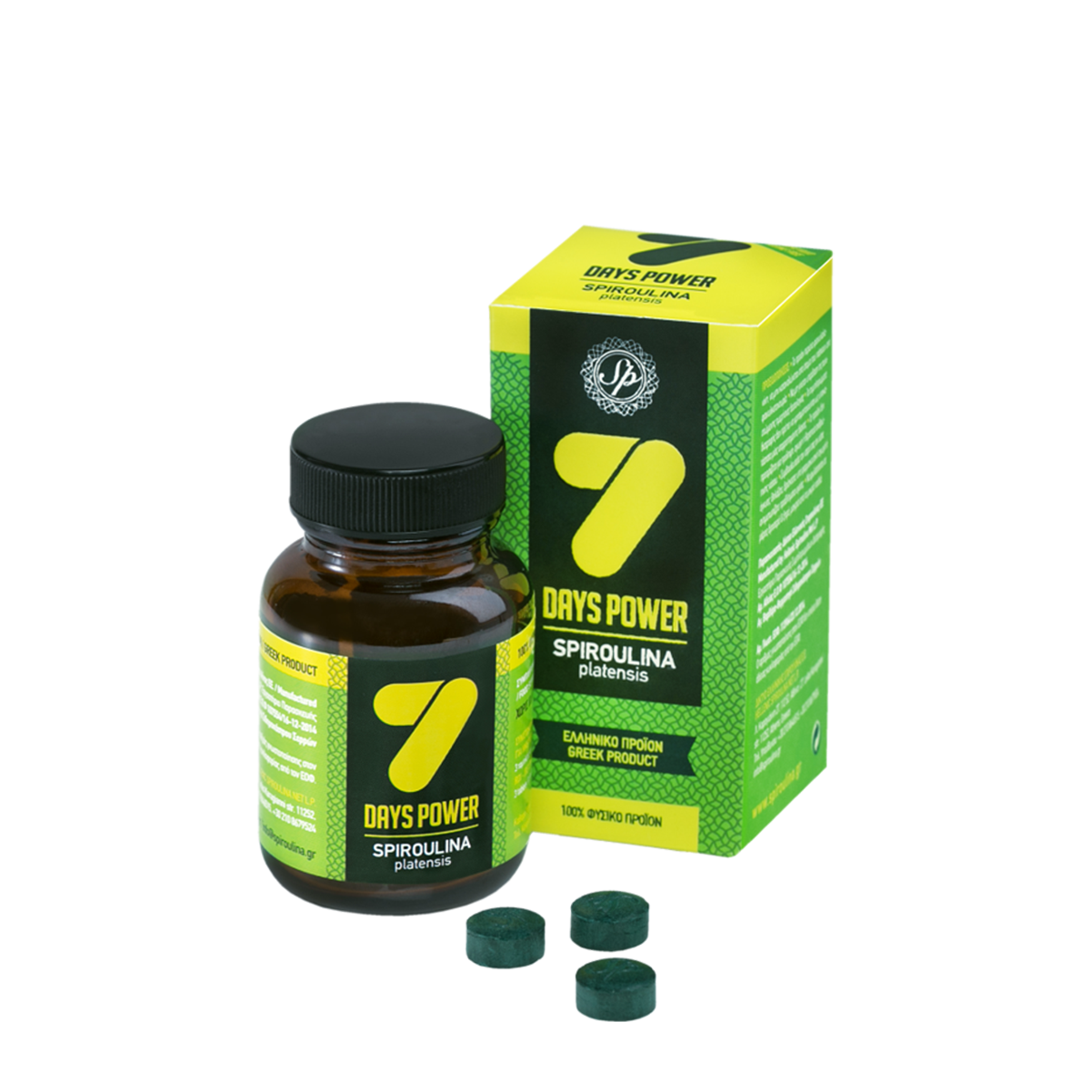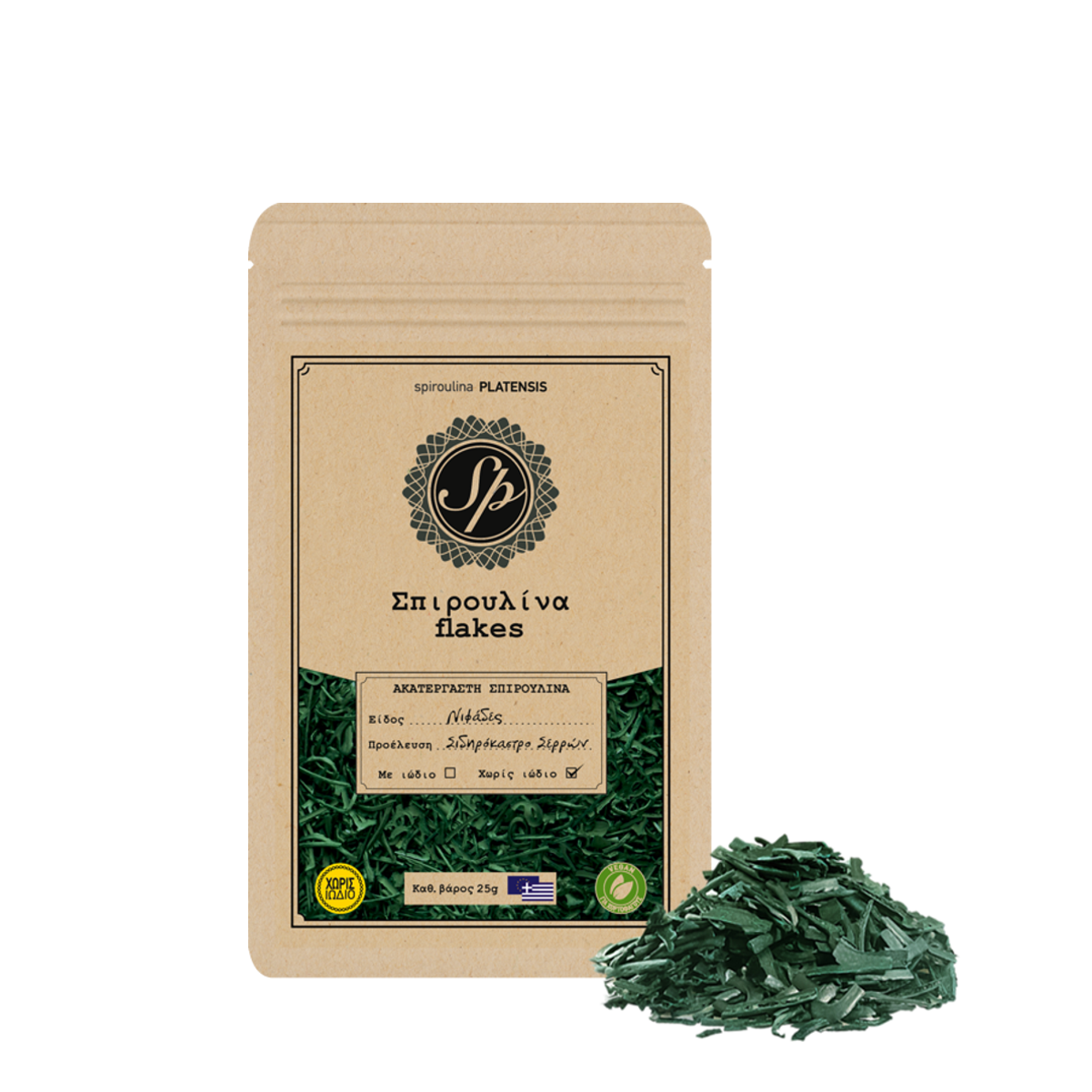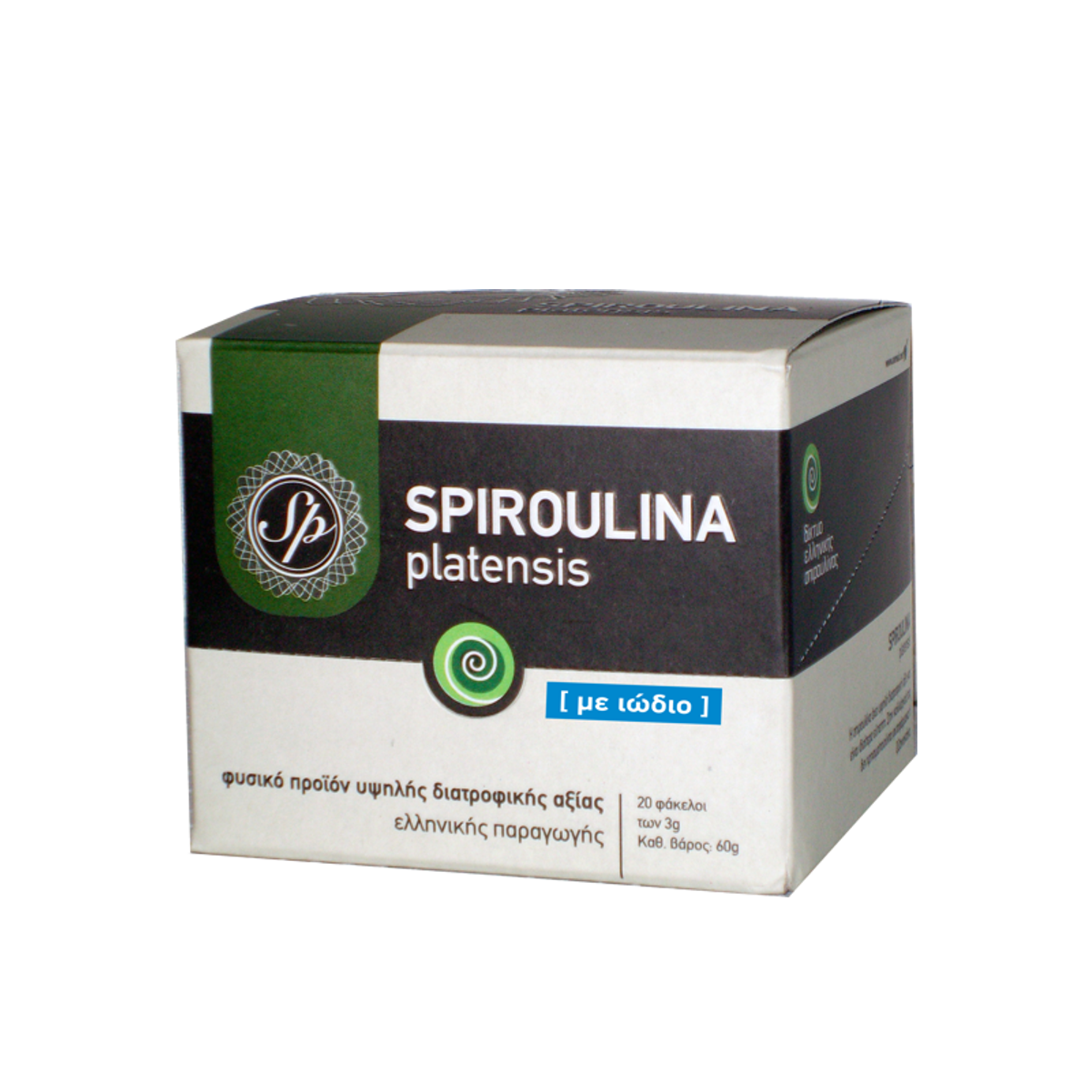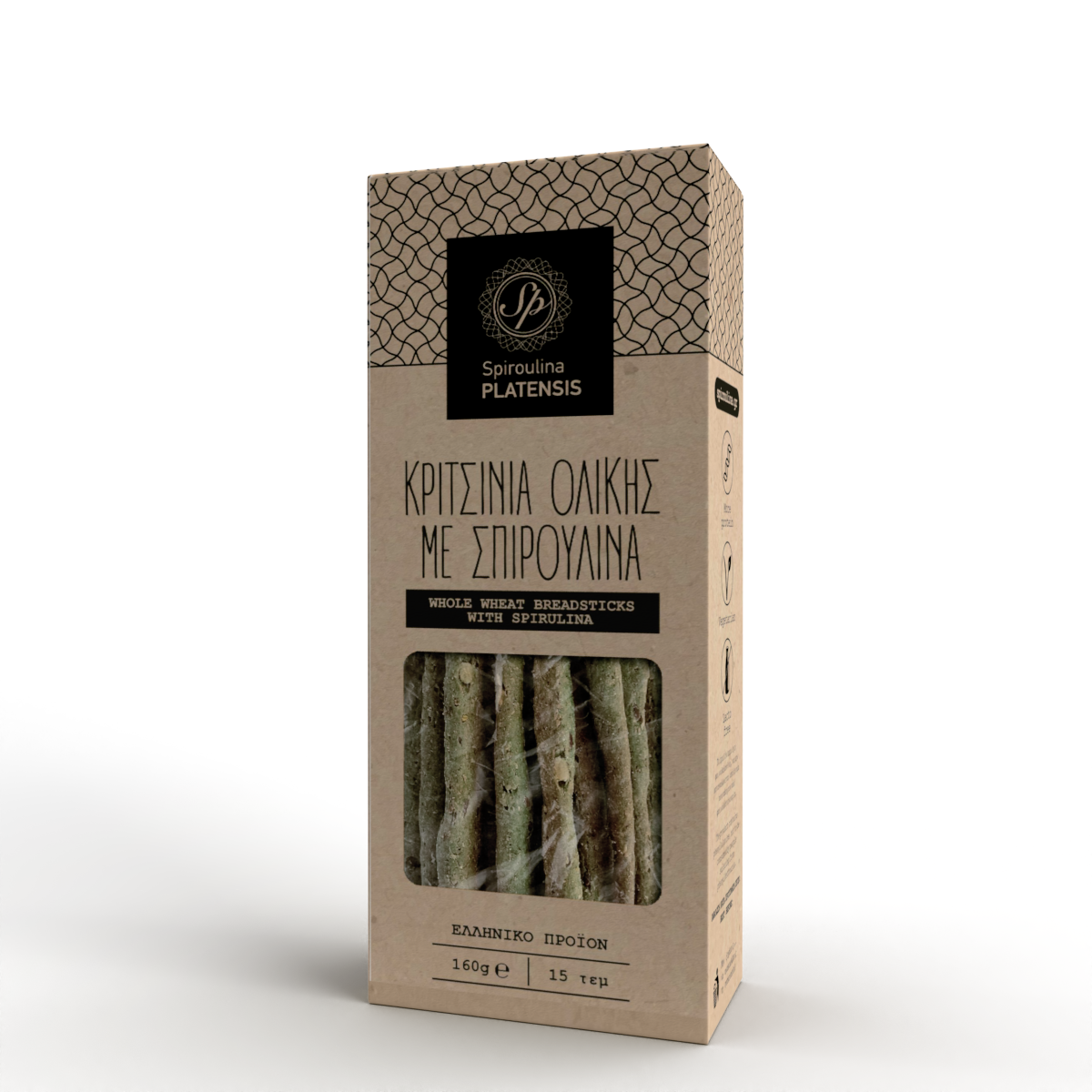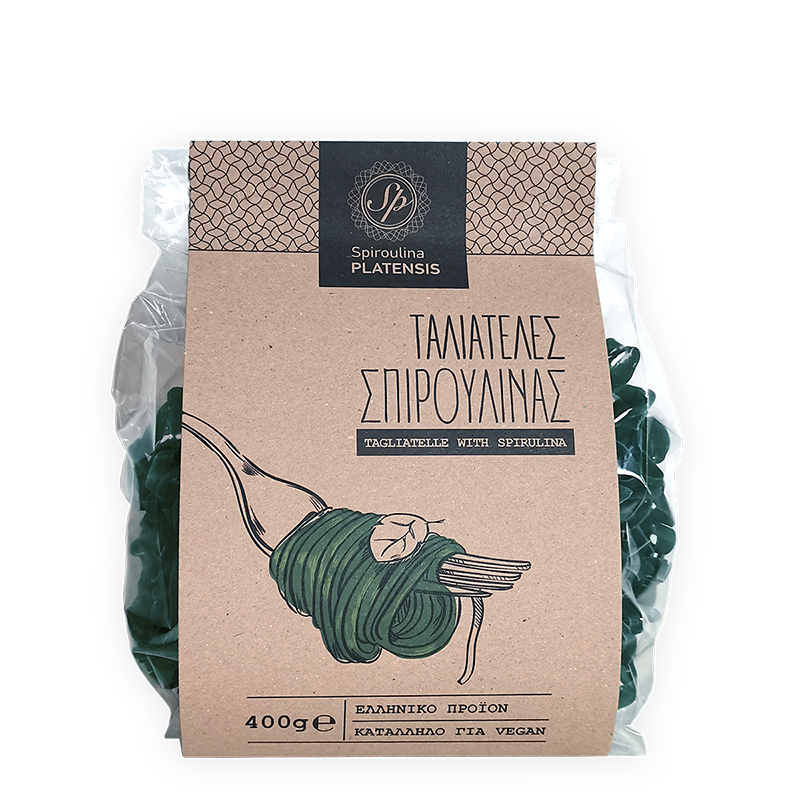Did you know that spirulina…
Is suitable for vegan or vegetarians?
Spiroulina PLATENSIS is a suitable solution for vegetarians and generally everyone who avoids the consumption of animal products.
Vegetarian diet and Ω-3 fatty acids
Have you ever heard that you can be deficient in omega 3 fatty acids because you are not eating fish?
What is omega 3 fatty acids?
Omega 3 fatty acids are polyunsaturated fatty acids. They are considered the most important part of dietary fat. They are essential for growth and normal function of the organism.
Omega 3 fatty acids are:
- Eicosapentaenoic acid (EPA)
- Docosahexaenoic acid (DHA)
- Alpha Linolenic acid (ALA)
At times, studies are being published that refer that vegetarians and vegans are deficient to those substances.
Of course, nothing of this is true!
Recent studies show that the omega 3 fatty acids levels of a vegan is the same of those who consume animal products.
However, those who do not consume fish it is important to consume spirulina.
Spirulina is a small alga that is enriched in fatty acids without containing heavy metals.
Consider the fact that 3g spirulina PLATENSIS cover 24,32% of daily needs in polyunsaturated fatty acids.
Vegetarian diet and vitamin B12
You will have definitely heard at some point that a vegetarian diet has no B12.
This is true…
What is vitamin B12?
Vitamin B12, known as cyanocobalamin, has various properties in our organism. It increases energy levels, regulates the immune and nervous system and enhances memory and concentration.
We should highlight that vitamin B12 is not produced by plants.
Vitamin B12 sources for vegans are limited. It is usually administered from food enriched in B12 and spirulina.
Did you know that… 3g Spirulina PLATENSIS covers 81,25% of daily needs?
Vegetarian diet and iron
Many people confuse vegetarian diet with iron deficiency, but this is not entirely true.
What is iron?
Iron is a metal and is a haemoglobin which is responsible for oxygen transport among the tissues. In addition, it is necessary in the bone marrow for the red blood cell production.
In the last couple of years, iron intake is being correlated with consumption of animal products. However, this is not entirely true. Studies prove that a vegetarian can receive iron from alternative sources.
This is because there are two different types of iron:
Blood iron and non-blood iron. The blood iron is found in the animal products.
The non-blood iron is our choice which is found in food.
Specifically, it can be found in lentils, red beans, tofu, quinoa, chia, cashews, tahini, spinach and dried apricots as well as figs, grapes and spirulina.
Particularly, with 3g spirulina PLATENSIS you cover the 18,87% of your daily needs.
Vegetarian diet and proteins
Every vegetarian should know the high protein sources apart from meat.
What are proteins?
Proteins are large macromolecules, consisting of the amino acids; carbon, hydrogen, oxygen and nitrogen. They have many functions one of those is energy release.
In addition, breakdown of proteins are amino acids which are smaller chemical unions. There are amino acids that can be synthesised in the organism and there are others that we only receive from food.
Protein sources are soya, lentils, black beans, quinoa, tofu, peanut butter, almonds, oatmeal and chia seeds.
It is of high importance, though, the quality of protein we receive.
Spirulina PLATENSIS has high quality protein that contains all amino acids.



